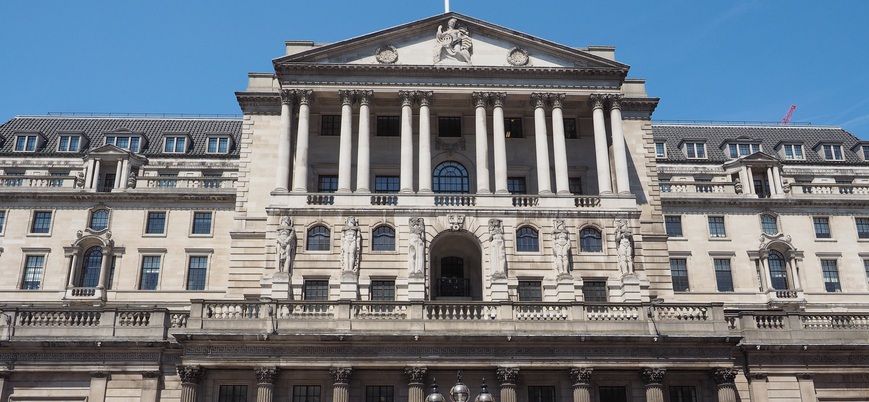Are We Set To See Negative Mortgage Rates?

The Bank of England has written to high-street and investment banks to ask them if they would be ready for the adoption of a negative base rate. The move has sparked renewed speculation that the Monetary Policy Committee could be close to taking this dramatic step.
The UK’s central bank has asked commercial banks what it would mean to them if borrowing costs dropped into negative numbers.
Effective Policy Tool?
Sam Woods, one of the deputy governors of the Bank of England, said:
“For a negative bank rate to be effective as a policy tool, the financial sector – as the key transmission mechanism of monetary policy – would need to be operationally ready to implement it in a way that does not adversely affect the safety and soundness of firms.”
The letter to the banks said:
“We are requesting specific information about your firm’s current readiness to deal with a zero bank rate, a negative bank rate, or a tiered system of reserves remuneration – and the steps that you would need to take to prepare for the implementation of these.”
Record Low Rates
The base rate of interest was cut to a record low of 0.1% back in March when the first wave of COVID-19 impacted, but the move into negative interest rates would be following the example set by some other central banks, including in Japan and the Eurozone.
There have been concerns amid some analysts that pushing the base rate below zero could hit both savers and high street banks. But it does open up the interesting prospect of encouraging high-street lenders to potentially offer negative-rate mortgages, which would offer a welcome boost to the housing market.
But observers of negative interest rates in the markets where central banks have offered a base rate below zero have noted that relatively few high-street mortgage lenders are offering negative mortgages.
Andrew Bailey, the governor of the Bank of England, has admitted that without the mainstream adoption of commercial negative interest rate products, the impact of such a move would be limited.
The deadline for banks to respond is 12 November, which is a week after the next meeting of the Monetary Policy Committee.